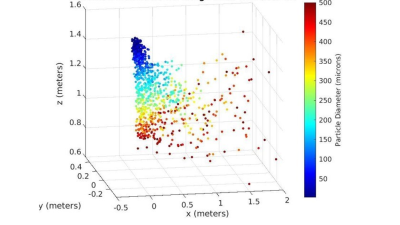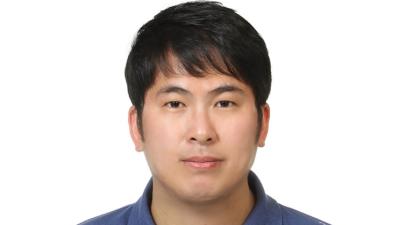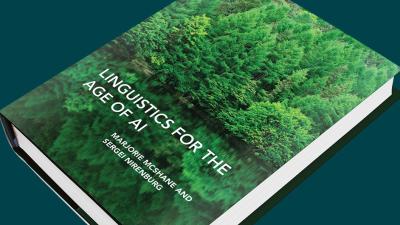The original goal of human-like artificial intelligence was abandoned decades ago in favor of less ambitious approaches, two cognitive scientists argue in a new book. If that initial vision is to be realized, they say, AI systems will require a full understanding of language and meaning, the development of which remains a daunting — but doable — challenge.
In Linguistics for the Age of AI, published by MIT Press, co-authors Marjorie McShane and Sergei Nirenburg, both faculty in the Department of Cognitive Science at Rensselaer Polytechnic Institute and co-directors of the Language-Endowed Intelligent Agents Lab, present a novel approach to language processing for AI systems.









